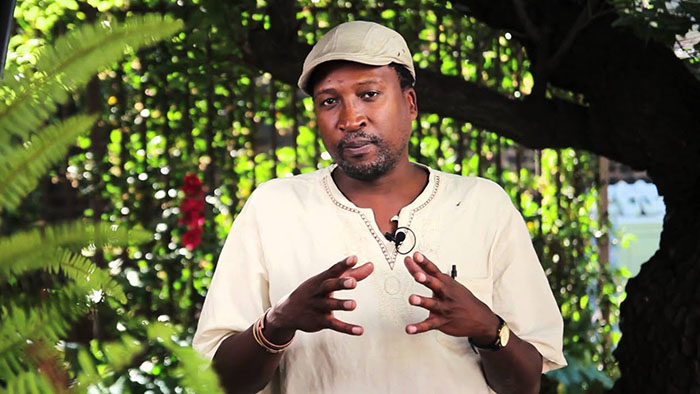By Takura Zhangazha
The Harare City Council (HCC) recently announced that it had run out of water treatment chemicals. And with astounding ease also announced that it was therefore going to shut down the city’s largest water treatment plant. That basically meant that it was shutting down the entire council water supply of the city immediately. Just like that, at least 1,4 million residents of Harare would have no access to clean water.

The shutdown of the water treatment plant, at least officially, lasted about 24 hours. This, after central government then announced that it was taking over the plant for the city council.
Both central and local government must have had clear knowledge that the capital city was running out of the necessary water treatment equipment. While it was HCC that appeared to let our water situation come to this shutdown, there’s probably no way the ministry of local government was not aware of the same.
So as expected, blame games were thrown around with relative ease. At the same time, and with immediacy, the supply of water for Harare, became politicized. Central government, as run by the national ruling Zanu Pf party was quick to infer that the blame for such a potentially catastrophic state of affairs lay with the opposition MDC Alliance run HCC.
Pundits were also quick to point out the technicalities of how HCC has not been collecting rates because of the lack of payment for a new billing system that had already gone through a tender process. Hence it had no money to pay for the supply of critically important chemicals.
On the other hand, there is also the argument that since bills are now being charged in local ZWL currency, even if they are not being efficiently collected, there is no way HCC can acquire chemicals without foreign currency support from central government.
There is a third but unspoken argument is the one that fits snugly into our assumptions fo economic sophistry. That of not questioning the supplier companies of the chemicals that are required.
Not only in relation to costs but also probably their views on their corporate social responsibilities. All of which includes the fact that because not only water itself but more importantly access to it is a human right, then these companies must be held up to the highest level of public accountability. Together with central government and HCC on the matter.
But we would still need to examine the matter further. From an attitude perspective. And here I am referring to the nature of the attitude of not only our political and business leaders to disregarding the sanctity of human life. But also that of ourselves as ordinary Zimbabweans.
It generally now begins with us as individuals and how we perceive of ourselves together with our role within the collective that we call society. For a majority of us water has become a commodity. Quite literally. It is no longer, in our own individualistic view, a right.
As it would have been in a village setting where it was unfathomable to deny a stranger a cup of water. We no longer see beyond our own individual needs. Hence there is no outcry about the fact that a city council can abruptly announce that it is shutting down water supply. We all think about our boreholes. Or our status via where we live and by inference, our class.
It is altogether awkward but a testimony to the fact that as Zimbabweans we have tragically moved away from what would be an important understanding of collective well-being.
Not it in the abstract sense of ‘ubuntu’ but in the more pragmatic and technical sense of ensuring that whatever happens we are all given a fair chance of well-being in our society.
Through access to basic social services and in this particular instance, access to water as a right. Not a privilege. It is a development that should worry us all that we have sunk so low. And over water and access to it for that matter.
But then again it explains why our elected political leaders behave the way they do. Such as those at HCC who casually announce the shutdown of water supply for the entirety of a city.
Or those in central government who then attempt to be doing a Houdini of restoring supply of an essential natural resource to score the cheapest of political points.
The media also did not help in the matter. In other countries this would have been an issue of epic coverage, down to the minutest detail. The media chose instead to follow the story of a long drawn funeral as well as ratchet up an imaginary tiff between Zimbabwe and the global west at the recent United Nations General Assembly.
It is prudent to recall that we need to change at a fundamental level, our approach and attitude to social services. Both in urban and rural areas.
It remains the primary obligation of the state to ensure that we receive these social services (access to clean water, health, education, transport and housing).
It also remains the primary obligation of all of us to understand that we need to be constantly aware of this fact. And to demand these services.
Not via the profit seeking corporates’ but the state. And to tell HCC or any other urban or rural district council that their job is not as abstract as they assume. It is about human lives.
*Takura Zhangazha writes here in his personal capacity (takura-zhangazha.blogspot.com)






